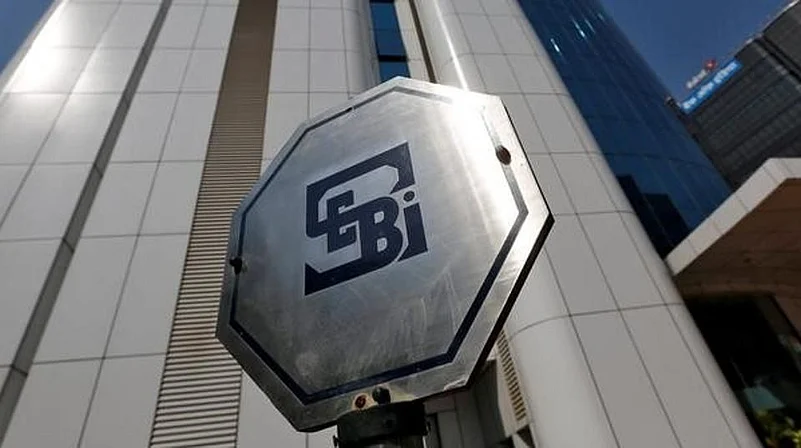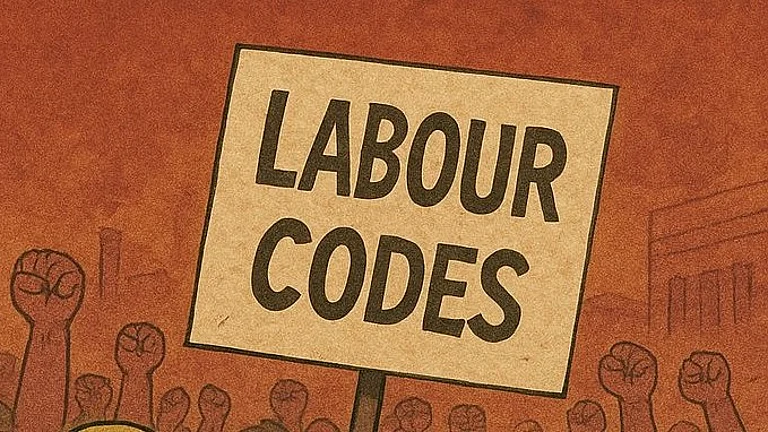
Sebi panel recommends binding conflict-of-interest rules and disclosure norms, replacing voluntary code
Chair and whole-time members to publicly declare assets; treated as insiders
Proposes Office of Ethics and Compliance, digital recusal records and independent oversight
A High-Level Committee (HLC) set up by the Securities and Exchange Board of India (Sebi) has recommended a sweeping, legally binding overhaul of conflict-of-interest and disclosure norms for the regulator’s leadership and senior staff, including mandatory public asset declarations for the chair and whole-time members.
The panel, which submitted its report to Sebi on November 10 and whose recommendations were made public on November 12, said the current voluntary Code of Conduct should be replaced by enforceable regulations covering disclosures, recusals, investment limits and whistleblower protections.
It proposed creating an Office of Ethics and Compliance (OEC) and an independent Oversight Committee on Ethics and Compliance (OCEC) to receive and review initial, annual, event-based and exit disclosures from all board members and employees.
Public Declarations
Under the report’s most consequential recommendation, the chairman and whole-time members (WTMs) would be brought within the definition of “insider” under Sebi’s insider-trading regulations and required to publicly declare assets and liabilities annually. Chief general-manager-level officers and above would also face public disclosure requirements; part-time members could be exempted from public filings while still required to report interests internally.
The committee would allow investments in professionally managed pooled vehicles (mutual funds, AIFs) but suggested a cap, holdings in any single intermediary’s scheme should not exceed 25% of an official’s financial portfolio.
The proposed restrictions would extend to spouses and financially dependent relatives (with limited carve-outs for ESOPs or business holdings), and new appointees would be asked to choose one of four options for pre-existing securities: liquidate, freeze, sell under a pre-approved trading plan, or sell with prior approval.
Recusal Digital Records
To manage perceived conflicts, the panel recommended a technology-enabled digital repository of financial and non-financial disclosures that can automatically flag conflicts against materiality thresholds, and publication of a summary of recusals in Sebi’s annual report. It also proposed a near-blanket ban on gifts to the chairman and WTMs from those they transact with officially, allowing only small-value or ceremonial items as exceptions.
The HLC was constituted in March 2025 amid heightened scrutiny of regulator governance following controversy last year around former Sebi chair Madhabi Puri Buch. Short-seller allegations in 2024 and related public debate prompted calls for clearer, enforceable rules; the Lokpal later dismissed some complaints as unsubstantiated, but the episode accelerated the review of internal ethics frameworks.
The committee’s recommendations are advisory and will need Sebi board consideration and, for some proposals, rule-making or subordinate legislation before they become binding. The board is expected to deliberate on the report and the regulator may publish draft regulations or consult stakeholders before next steps are finalised.

































